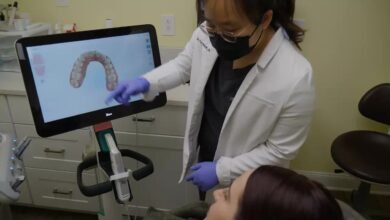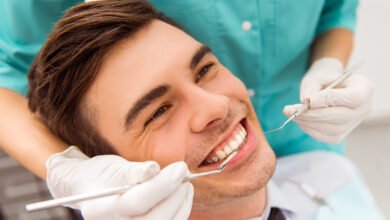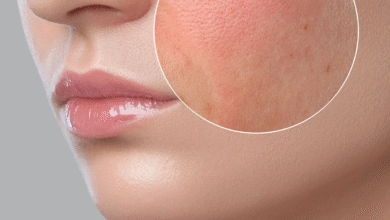Bone Health Essentials: From Nutrition to Exercise

Introduction
In the quest for lifelong wellness, understanding and maintaining bone health is a critical component. Often overlooked, our bones are living tissues that require constant care and attention. This comprehensive guide focuses on the essentials of bone health, emphasizing the importance of nutrition and exercise in sustaining strong and healthy bones.
Understanding Bone Health
Bone health is an intricate part of our overall well-being. It involves maintaining strong, dense bones that can support our bodies and enable us to lead active lives. Good bone health is not just about preventing fractures; it’s about ensuring our bones maintain the right balance of minerals and structural integrity throughout our lives. As we age, our bones undergo changes, making the need for proper care even more crucial.
The Building Blocks of Bone Health: Nutrition
Nutrition plays a pivotal role in bone health. The right balance of nutrients is essential for building and maintaining strong bones.
- Calcium: This mineral is crucial for bone health. It helps build and maintain strong bones. Dairy products, green leafy vegetables, fish with edible bones, and fortified foods are excellent calcium sources.
- Vitamin D: Essential for calcium absorption, Vitamin D can be synthesized in the skin through sunlight exposure and found in fortified foods and supplements.
- Magnesium and Phosphorus: These minerals are vital for bone formation. Nuts, seeds, whole grains, and legumes are rich in magnesium, while phosphorus is found in dairy products, meat, and fish.
- Vitamin K: It plays a role in bone metabolism and can be found in green leafy vegetables, fish, meat, and eggs.
- Protein: Necessary for bone strength, protein can be sourced from both plant-based (like beans and lentils) and animal sources.
A balanced diet incorporating these nutrients can significantly enhance bone health, reducing the risk of bone-related issues as we age.
Exercise: A Pillar of Bone Health
Physical activity is not just beneficial for overall health; it’s also crucial for maintaining bone density. Weight-bearing and strength-training exercises are particularly effective:
- Weight-Bearing Exercises: Activities like walking, jogging, tennis, and dancing help in building and maintaining bone density.
- Strength-Training Exercises: Lifting weights, using resistance bands, or engaging in body-weight exercises like push-ups and squats can strengthen bones in the arms, spine, and legs.
Regular exercise enhances bone density, reduces the risk of osteoporosis, and improves balance and coordination, which in turn can help prevent falls and related injuries.
Lifestyle Choices and Bone Health
Lifestyle factors play a significant role in bone health:
- Avoiding Smoking and Limiting Alcohol: Smoking can decrease bone density, while excessive alcohol consumption can interfere with the body’s ability to absorb calcium.
- Maintaining a Healthy Weight: Being underweight can increase the risk of bone loss and fractures, while being overweight can put extra stress on the bones.
- Balancing Hormones: Especially in women, maintaining hormonal balance is crucial for bone density. Menopause can lead to decreased bone density, making awareness and preventive measures essential.
Bone Health at Different Life Stages
Bone health needs vary throughout life:
- Childhood and Adolescence: This is the time when bones are growing rapidly. Ensuring a diet rich in calcium and vitamin D, along with regular physical activity, is crucial.
- Adulthood: Maintaining a healthy lifestyle and diet to preserve bone strength is key.
- Older Adults: As we age, bones can become more brittle. Focus on nutrition and gentle, regular exercise, along with regular bone density tests, can help in maintaining bone health.
Special Considerations for Women and Bone Health
Women have unique considerations when it comes to bone health. Hormonal changes, especially during and after menopause, can significantly impact bone density. It’s crucial for women to focus on calcium, vitamin D, and regular exercise. Hormone replacement therapy (HRT) might also be considered under medical guidance to help maintain bone density post-menopause.
Technological Advances in Bone Health
Advancements in technology and medicine have led to better diagnostic tools for assessing bone health, such as bone density scans. Supplements and medications have also become more sophisticated, offering more options for those needing additional support in maintaining their bone health.
Conclusion
In conclusion, bone health is a vital aspect of our overall health and well-being. It requires a comprehensive approach that includes a balanced diet rich in essential nutrients, regular physical activity, and making informed lifestyle choices. By understanding the needs of our bones and adopting a lifestyle that supports bone health, we can enjoy a healthier, more active life. Remember, taking care of your bone health is a lifelong commitment and an investment in your future wellness.



